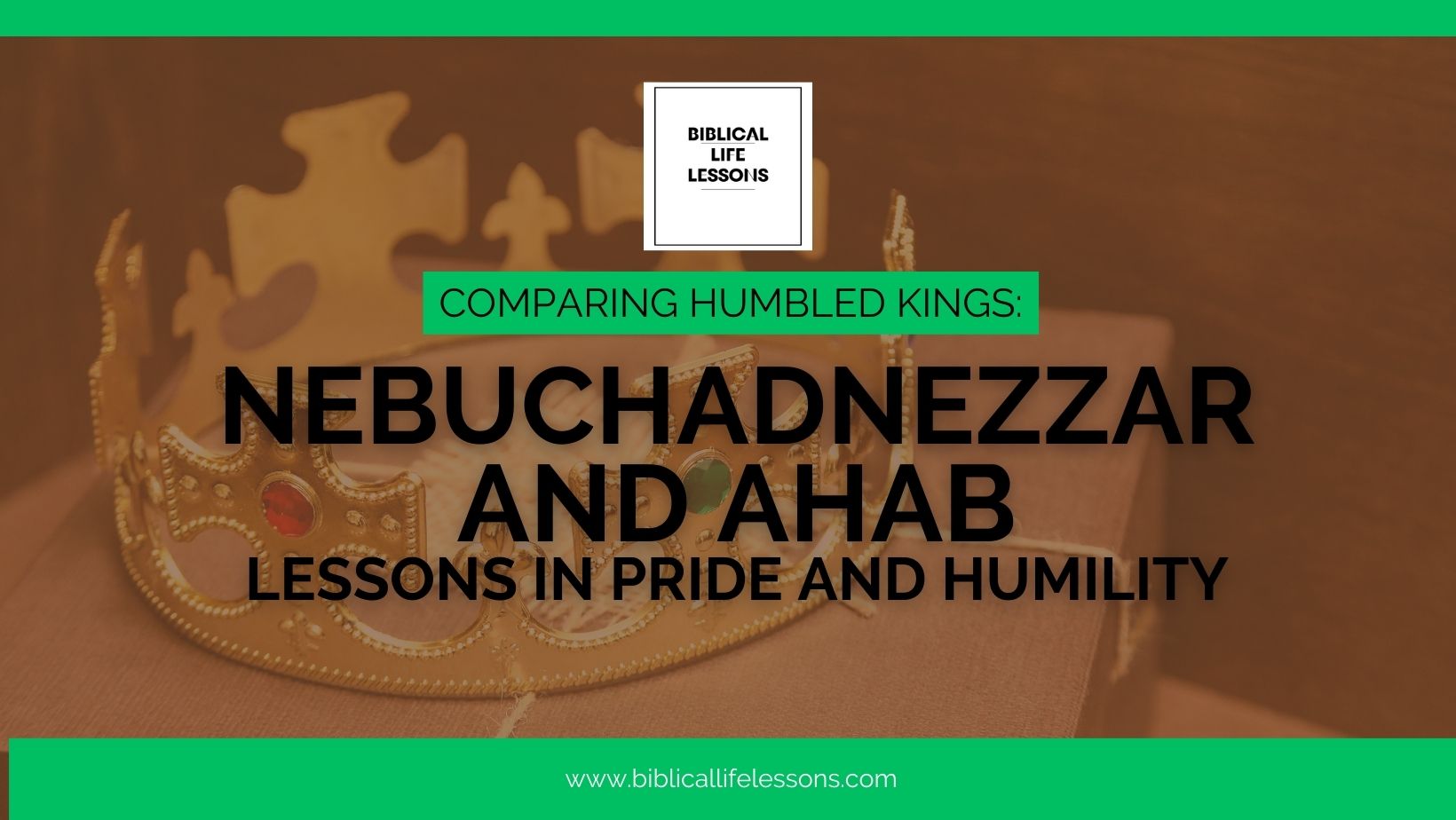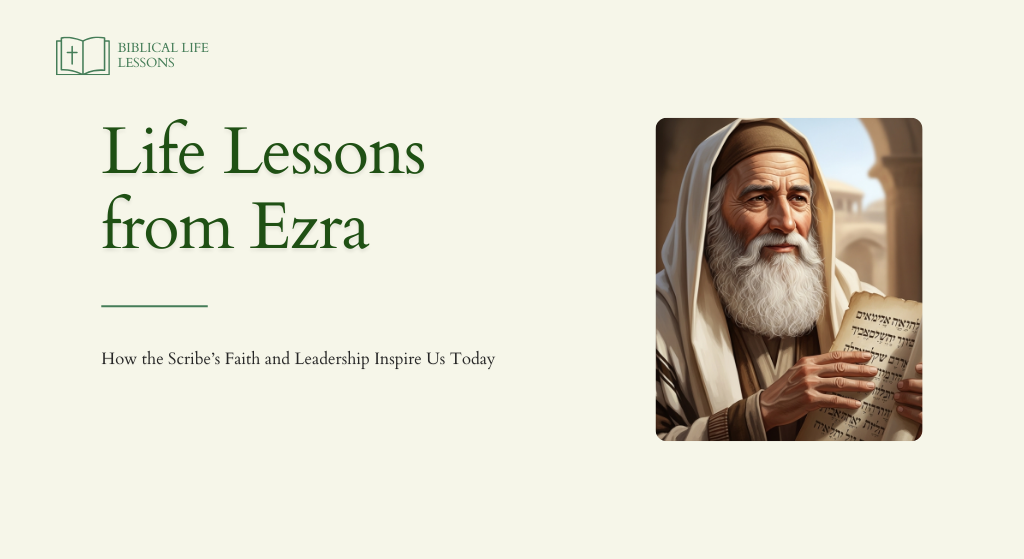In the annals of history, the lives of kings often serve as potent narratives of human nature, showcasing both triumphs and pitfalls. Nebuchadnezzar and Ahab, two renowned monarchs from ancient times, offer contrasting tales of pride and humility, providing profound lessons for generations to come.
Nebuchadnezzar: A Lesson in Humility
Nebuchadnezzar, the mighty king of Babylon, ruled with unmatched power and authority. However, his reign was marked by moments of pride and arrogance. In the book of Daniel, Nebuchadnezzar’s hubris leads to a humbling encounter with God.
The Pride of Nebuchadnezzar
Nebuchadnezzar’s pride reaches its zenith when he boasts about his kingdom’s splendor and his own achievements. In Daniel 4:30, he exclaims, “Is not this the great Babylon I have built as the royal residence, by my mighty power and for the glory of my majesty?”
The Humbling of Nebuchadnezzar
God responds to Nebuchadnezzar’s arrogance by humbling him, depriving him of his sanity and authority. For seven years, Nebuchadnezzar lives like a beast in the field until he acknowledges God’s sovereignty. Eventually, Nebuchadnezzar’s reason returns, and he acknowledges the supremacy of the Most High.
Ahab: The Consequences of Pride
Ahab, the king of Israel, presents a stark contrast to Nebuchadnezzar in terms of character and humility. His reign is marred by disobedience and idolatry, leading to devastating consequences for himself and his kingdom.
Ahab’s Pride and Rebellion
Ahab’s pride is evident in his disregard for God’s commandments and his willingness to pursue his own desires. He succumbs to the influence of his wife, Jezebel, and engages in idolatrous practices, provoking the wrath of God.
The Downfall of Ahab
Despite warnings from prophets like Elijah, Ahab persists in his defiance of God’s will. His reign is characterized by bloodshed, deceit, and spiritual apostasy. In 1 Kings 21, Ahab’s covetousness and injustice lead to his downfall, as he suffers the consequences of his actions.
Lessons in Pride and Humility
The lives of Nebuchadnezzar and Ahab offer timeless lessons on the dangers of pride and the virtue of humility.
Pride Leads to Destruction
Nebuchadnezzar’s story serves as a cautionary tale against pride and self-exaltation. His fall from grace highlights the folly of human arrogance and the inevitability of divine judgment.
Humility Precedes Exaltation
In contrast, Ahab’s refusal to humble himself before God results in his demise. His unwillingness to repent and acknowledge his sin leads to tragedy and ruin.
Conclusion: Embracing Humility
The narratives of Nebuchadnezzar and Ahab remind us of the importance of humility before God. Pride blinds us to our own shortcomings and distances us from divine grace. In humility, we recognize our dependence on God’s mercy and submit to His will, paving the way for restoration and redemption.
As we reflect on the lives of these humbled kings, may we strive to cultivate humility in our own hearts, acknowledging God’s sovereignty and seeking His guidance in all things.
Subscribe for Daily Email Devotionals









